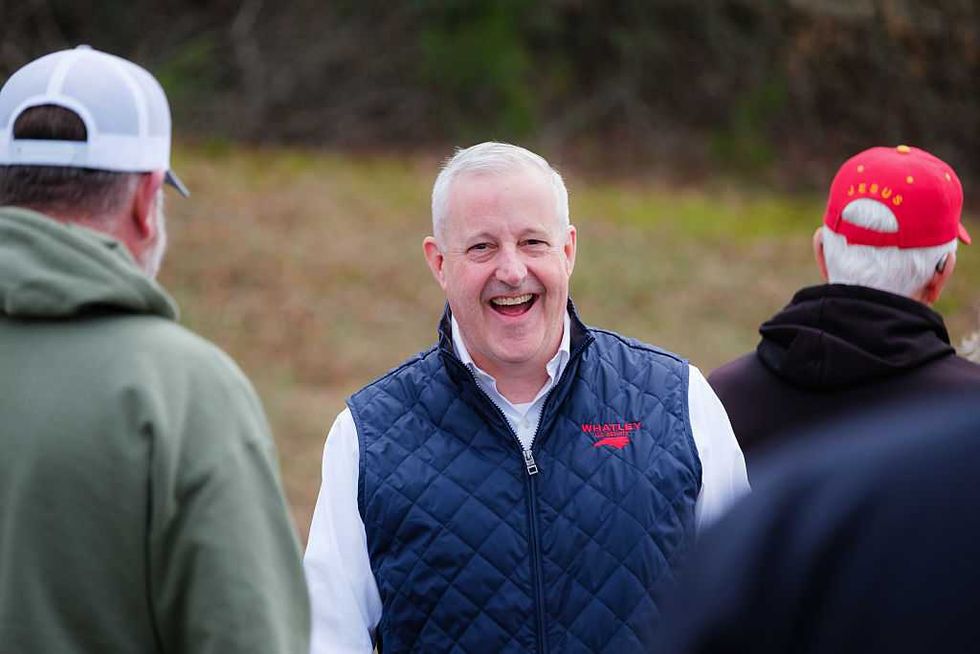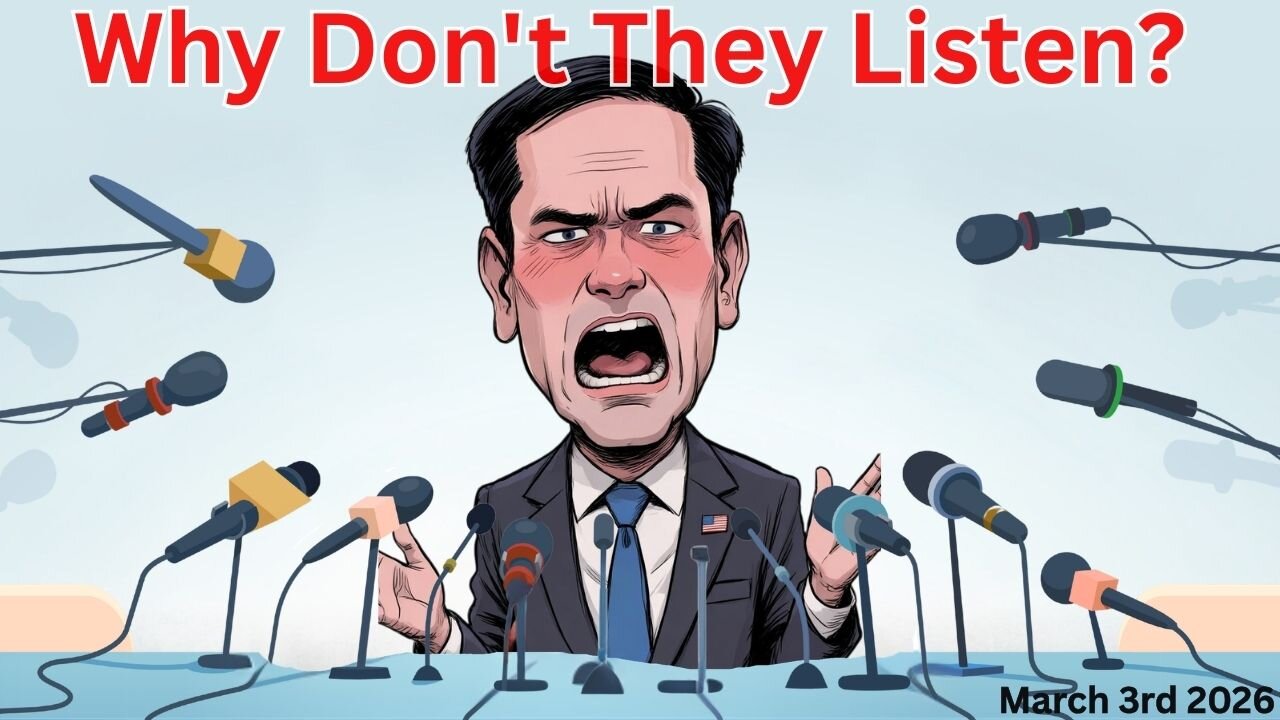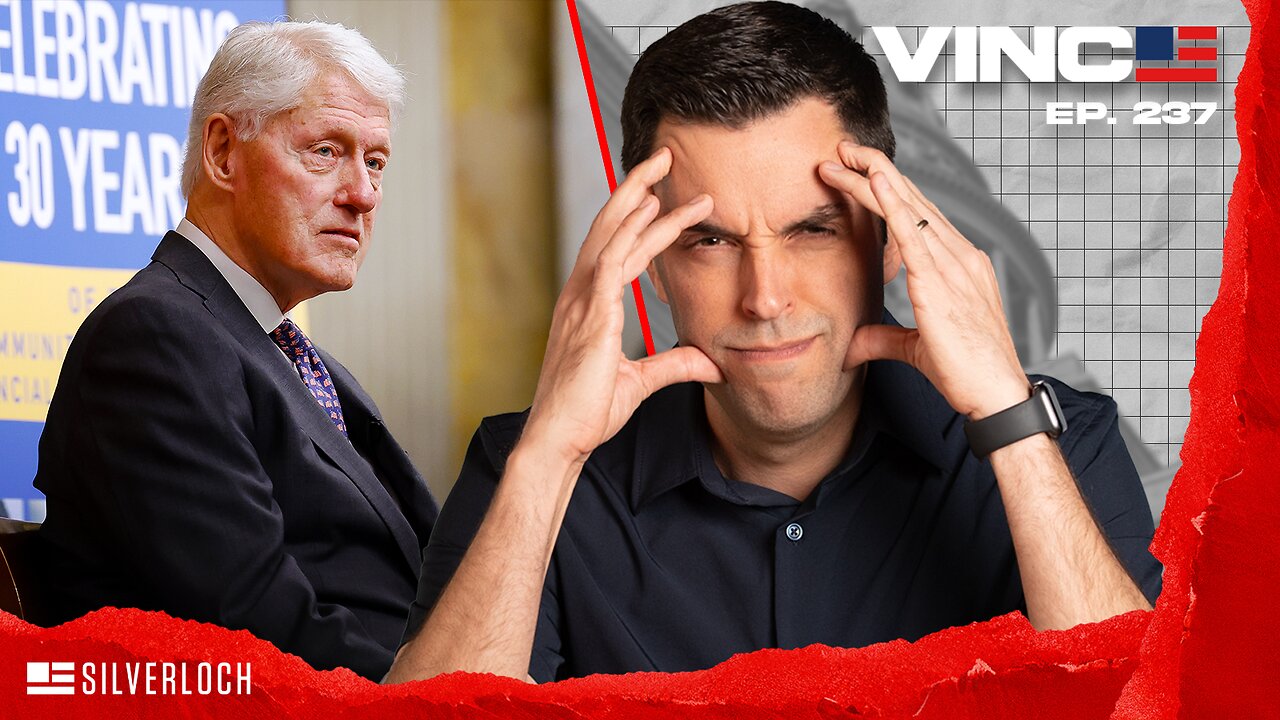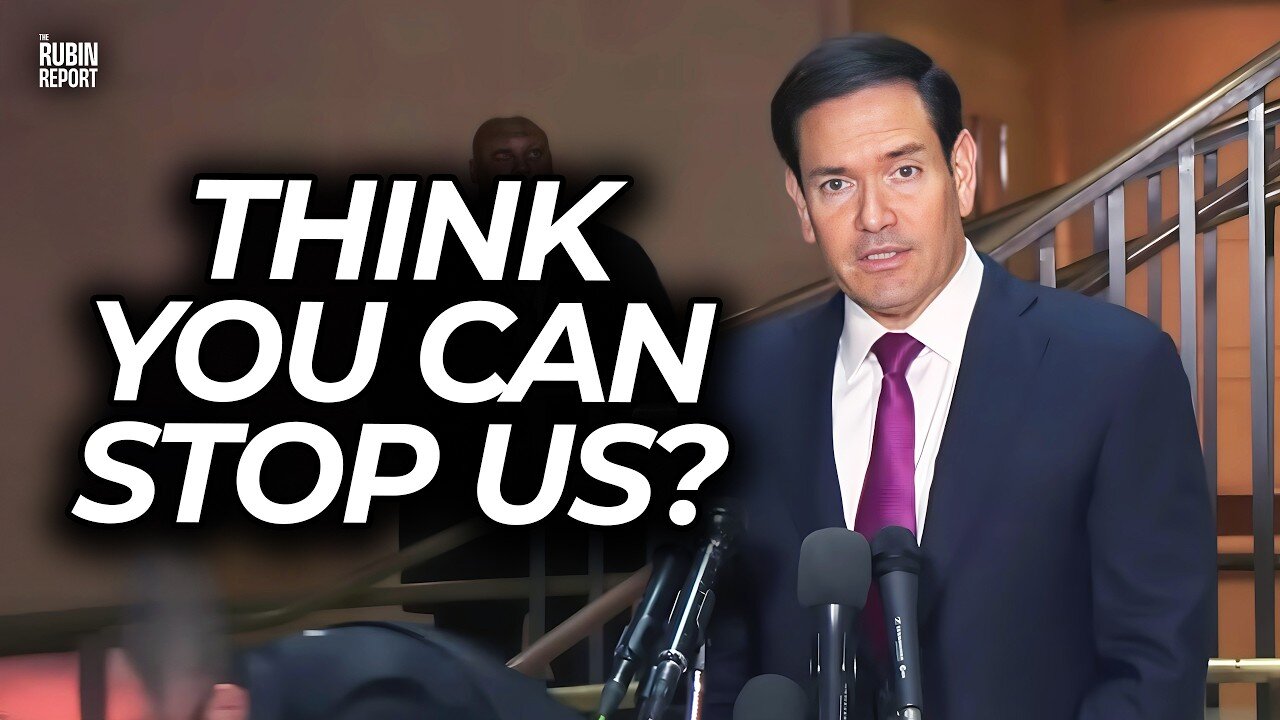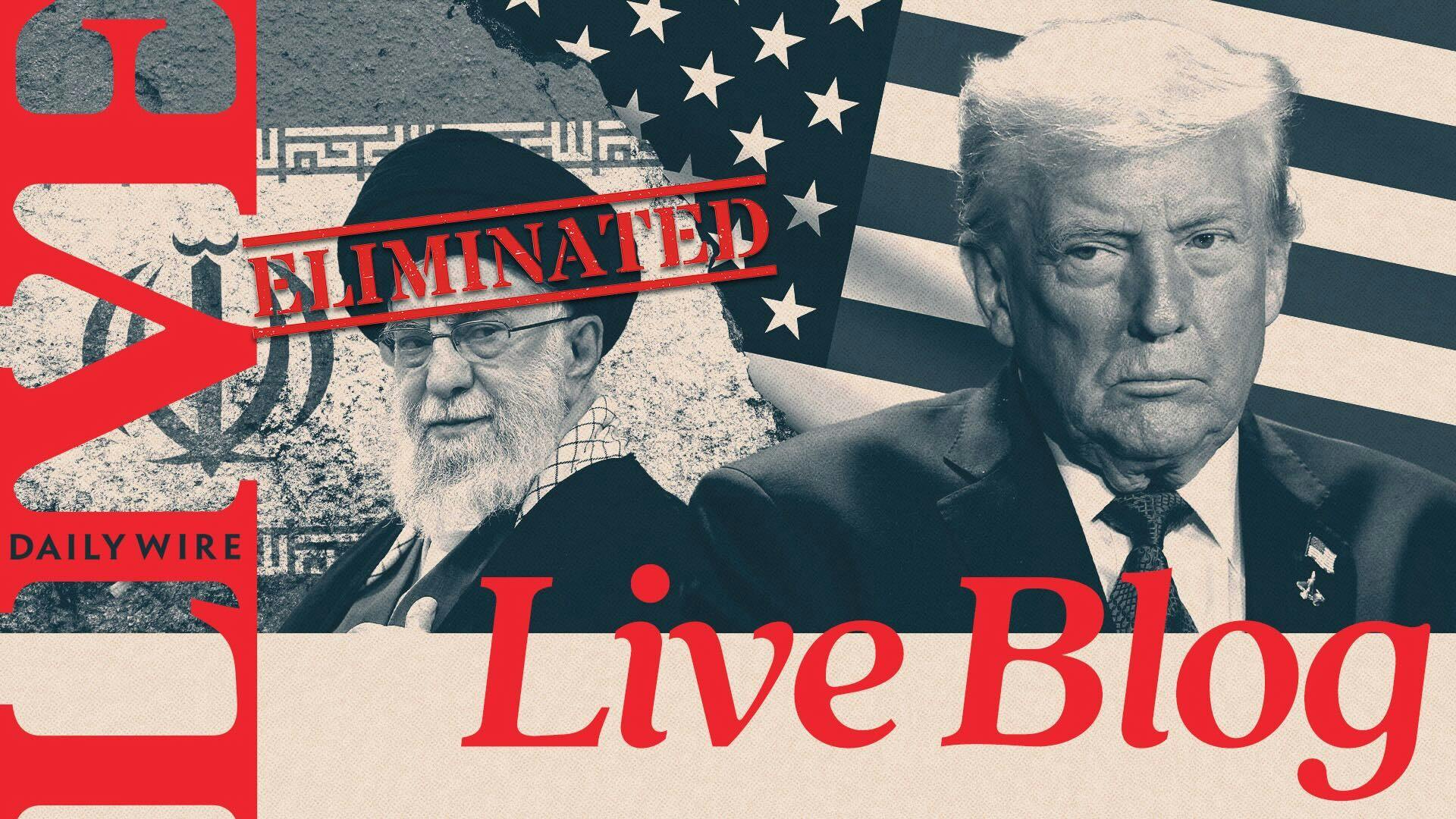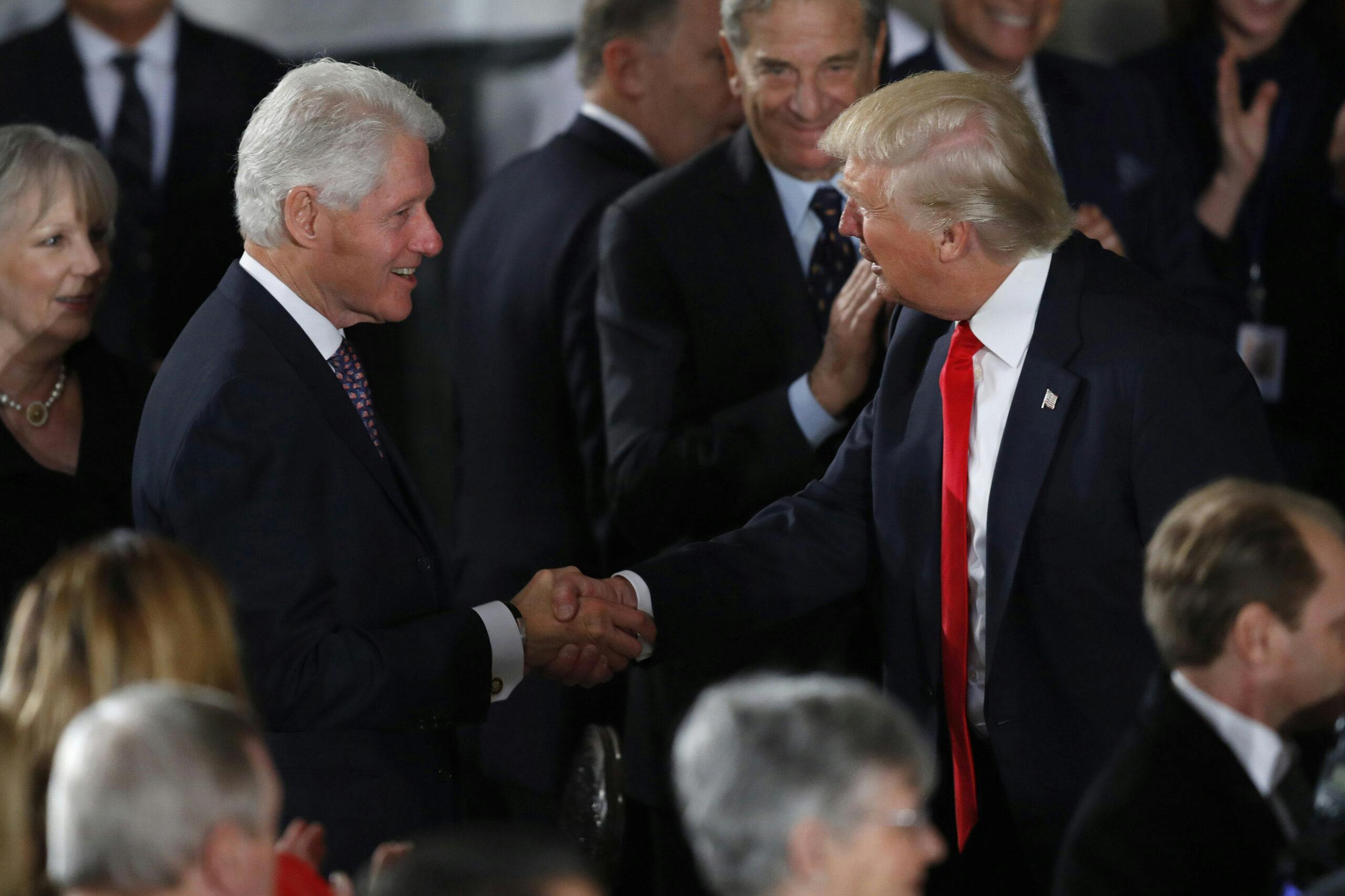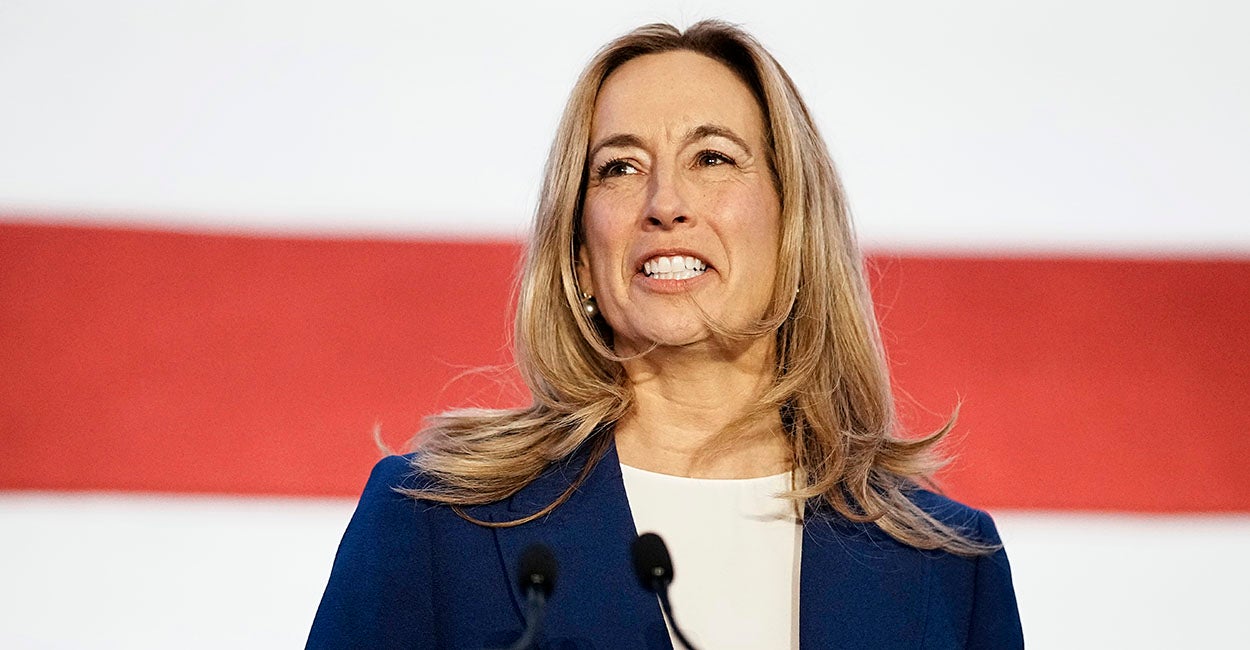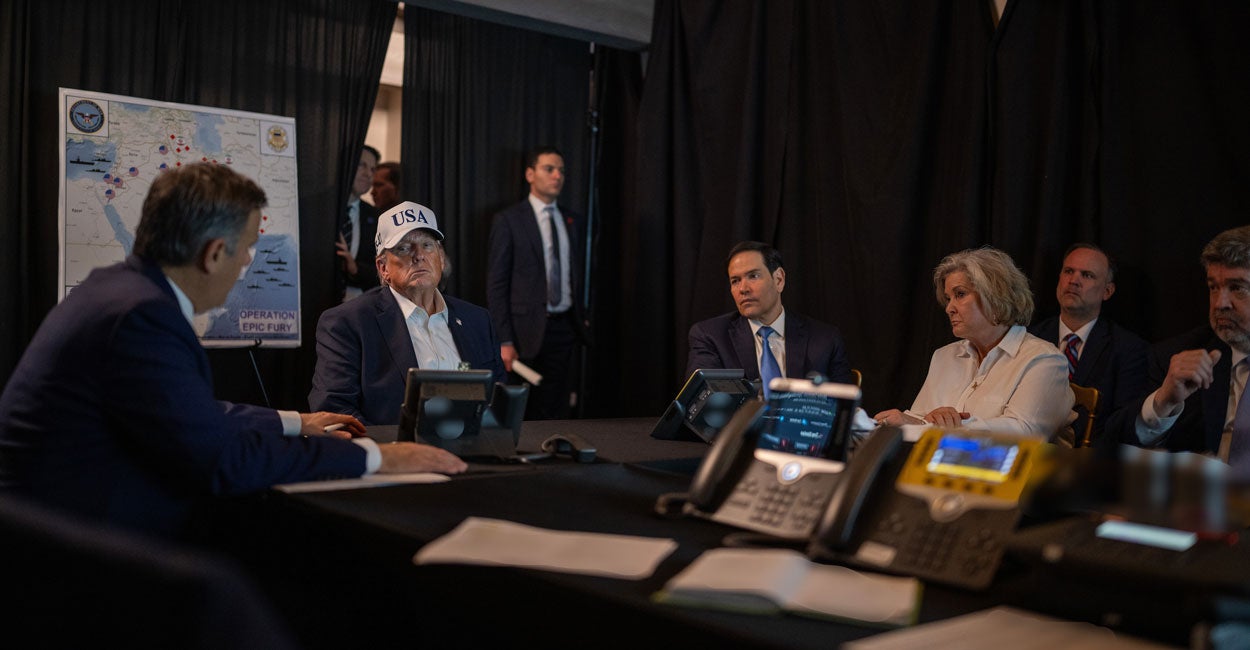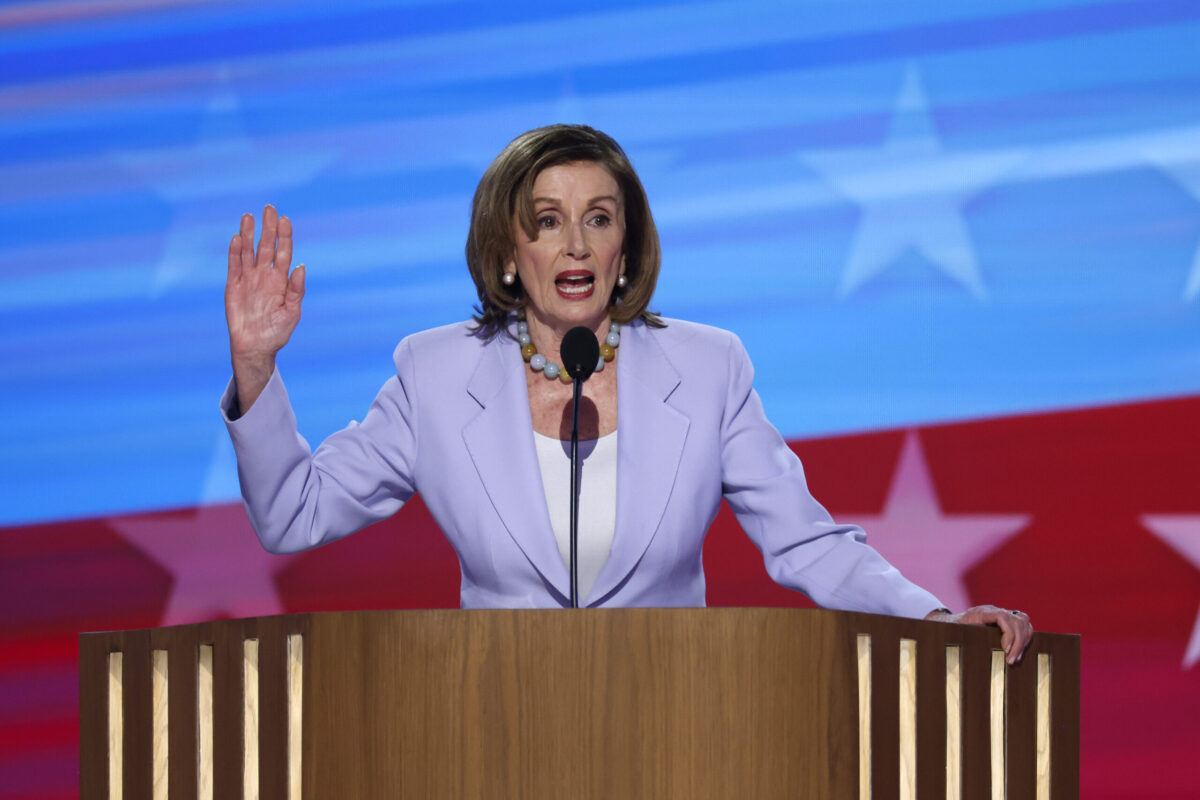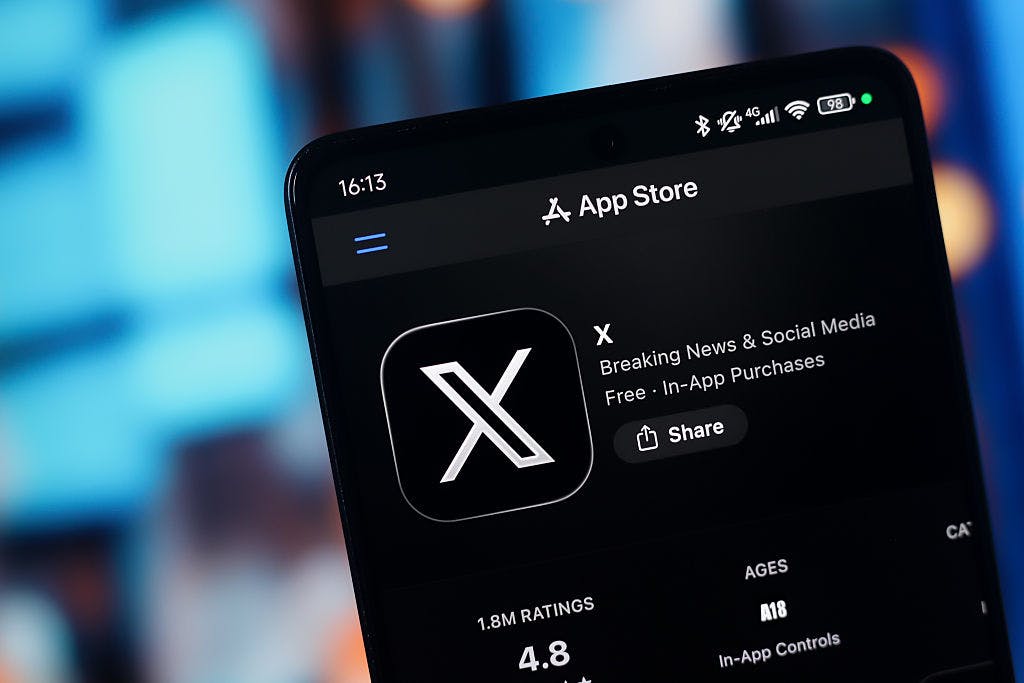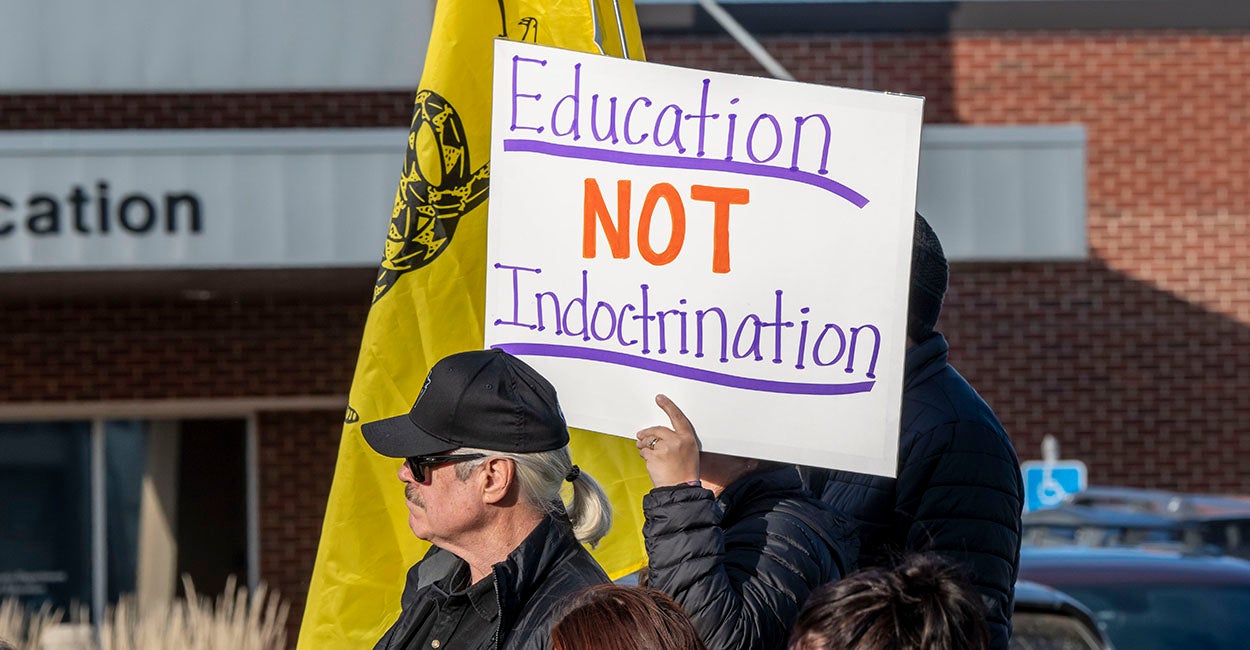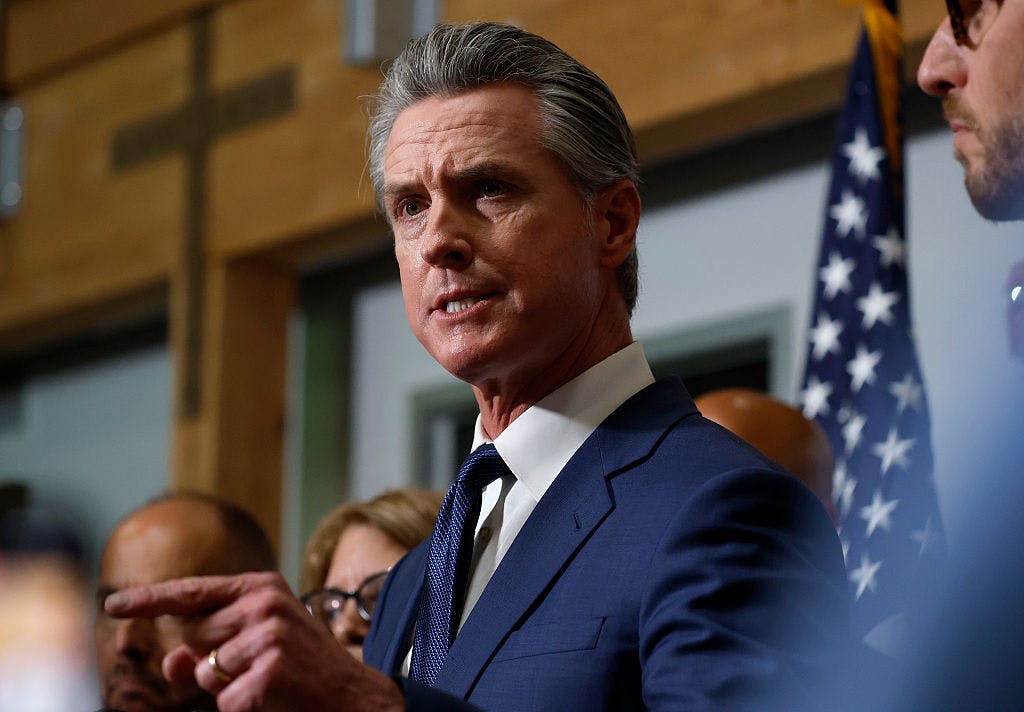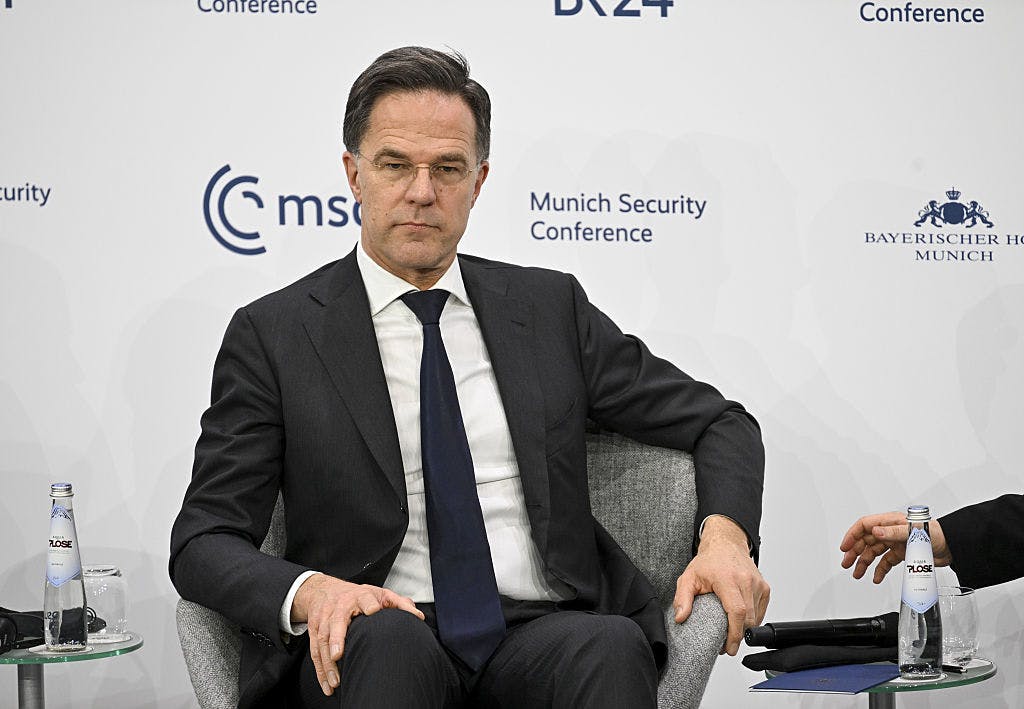Disney’s ‘Boy Trouble’ Is A Crisis Of Its Own Making. The Fix Doesn’t Require A Plot Twist

Disney has a “boy problem.”
Live Your Best Retirement
Fun • Funds • Fitness • Freedom
At least, that’s what a recent Variety report suggests, quoting insiders at the company who admit the entertainment company has lost the interest of Gen Z men that the outlet describes as a “lonely, gaming-obsessed group who were hampered in their formative years by COVID-19 lockdowns.”
Disney executives are now hunting for answers, considering every conceivable tactic from “splashy global adventures” to old-fashioned “treasure hunts” in an effort to lure young men between the ages of 13 and 28 back to the House of Mouse.
But for Bill Winters, a bestselling author and former Trump admin speechwriter, the diagnosis is clear. The problem with Disney isn’t the lack of over-the-top projects. In the end, he says, Disney alienated their audience by forcing an ideology that undermined the same values it used to celebrate.
When asked for his initial reaction to Disney’s alleged “boy trouble,” Winters blamed it squarely on the stories being told.
“It’s self-inflicted,” he told The Daily Wire via an email interview. “They’re going to have to ditch an ideology that sneered at masculinity, chivalry, righteous honor, power for noble purposes, the warrior ethos – all these things that coded as toxically male – and accept these attributes are actually good and necessary for any healthy society and worthy of exploring in entertainment.”
“This ideology was obviously anti-men,” Winters added, “but the kicker is realizing it was also perniciously anti-women because it drove men out of the places women wanted to engage with them. Disney’s already taken the first step by recognizing they have a problem; the next step is to remain stubbornly open to stories they would have discarded as too traditional. It’s a time for tradition. Traditional stories stick around for a reason.”
A return to tradition, Winters argues, is precisely what Disney needs to survive. “Unfortunately for Disney, it’s both,” he said when asked whether the issue was about content or a deeper cultural disconnect.
“On content, the boldest thing Disney can do right now is return to traditional storytelling – courageous heroes, nasty villains, and incredibly high stakes for believable characters who wrestle with timeless challenges like family, romance, revenge, redemption. You can tell these stories in outer space or [a] small town in Appalachia, because setting matters less than plot and character.”
The overarching failure, according to Winters, is how Disney treated young men for years.
“Regarding Gen Z men, Disney still treats them as if they don’t matter when it pushes cash-grab reboots aimed at them and not works of art crafted for them. ‘Star Wars,’ ‘Minecraft,’ the new superhero slop – this is the warmed-over childhood content of Millennials and Gen Xers. Worse, you’ve got these ideological political messages shoved in there. It totally kills the story,” Winters said, noting how young men “hate being told what to think.”
For decades, Winters notes, Disney never faced this problem.
“Marvel, Star Wars, even Pirates of the Caribbean kept this 13–28 year old demographic engaged. What changed? Disney was fortunate to acquire some of the most compelling storytelling in American culture with the original Star Wars and Marvel comics. But these franchises were products of once-in-a-generation geniuses who did the creative heavy-lifting half a century ago or more. Ideological execs have squandered this inheritance for a payday or used them as a vehicle to ram political messages down their audiences’ throats. That’s propaganda, not storytelling.”
And “great storytelling,” Winters insists, is hard to come by because the content creators have to trust their audiences to come to certain conclusions. That will never work if the studio openly despises them.
That’s why Winters disagrees with the suggestion floated in Variety that this problem can be solved by building new franchises centered on splashy adventures.
“Gen Z males are hungry for brotherhood and purpose. They want demanding missions where success is deeply consequential not just for them but for the people they care about. In the content they consume, that can involve treasure hunts and globe-trotting, but those things are secondary. Confusing them for the core is misguided and probably extremely expensive thinking for studio execs.”
The Variety piece described young men as isolated, stunted by COVID lockdowns, and obsessed with gaming. Winters sees a half-truth there.
“They are lonely, but I take issue with the ‘gaming-obsessed’ thing because that’s not what they are really after. … The boys weren’t stunted by COVID but by the people who used it as an excuse to get more control over society. By and large, those people subscribed to the same bad ideology that is basically anti-male, anti-woman, and anti-civilization.”
When asked what’s missing in today’s blockbusters, Winters said it comes down to three things: “Authentic brotherhood. Transcendent purpose. Patriotism,” he said.
“I write about young boys trying to become men, and all three of those things are critical to that. My novel ‘Last Summer Boys’ explores this in the Vietnam War-era of 1968, but it was a bestseller in 2022 because those are timeless concepts that people desperately want to engage with.”
“As a society, we become the stories we tell about ourselves,” the author said. “Disney understands this, it’s just for so long they injected their stories with an impoverished ideology. The blockbusters that say ‘to hell with that,’ and bring back brotherhood, purpose, and patriotism will dominate. By the way, women love those stories too.”
Despite the current state of entertainment, Winters remains optimistic: “Disney can absolutely turn this thing around. It’s an iconic American company with an incredible legacy. Just as important, the country is at a moment where we as Americans are willing to do the hard work of renewing and reviving our greatest institutions. Disney can change from within, but it should also recognize America has no shortage of incredibly talented writers and storytellers who love this country and are willing to work with them. Hire those people. Acquire their stories.”
In fact, Winters believes Disney’s crisis could be a blessing in disguise. “Really, Disney’s ‘boy trouble’ crisis is a gift for the company. Because the opportunity for them is enormous, and I don’t just mean commercially. If Disney starts telling authentic, powerful stories that men actually want to see, they will capture a rising demographic and participate in a renewal of American culture in a way worthy of the greatest institutions.”
Disney already admitted they have a problem – a classic first step. Now they just need to go about solving it in a way that doesn’t alienate young men even more.
Originally Published at Daily Wire, Daily Signal, or The Blaze
What's Your Reaction?
 Like
0
Like
0
 Dislike
0
Dislike
0
 Love
0
Love
0
 Funny
0
Funny
0
 Angry
0
Angry
0
 Sad
0
Sad
0
 Wow
0
Wow
0



